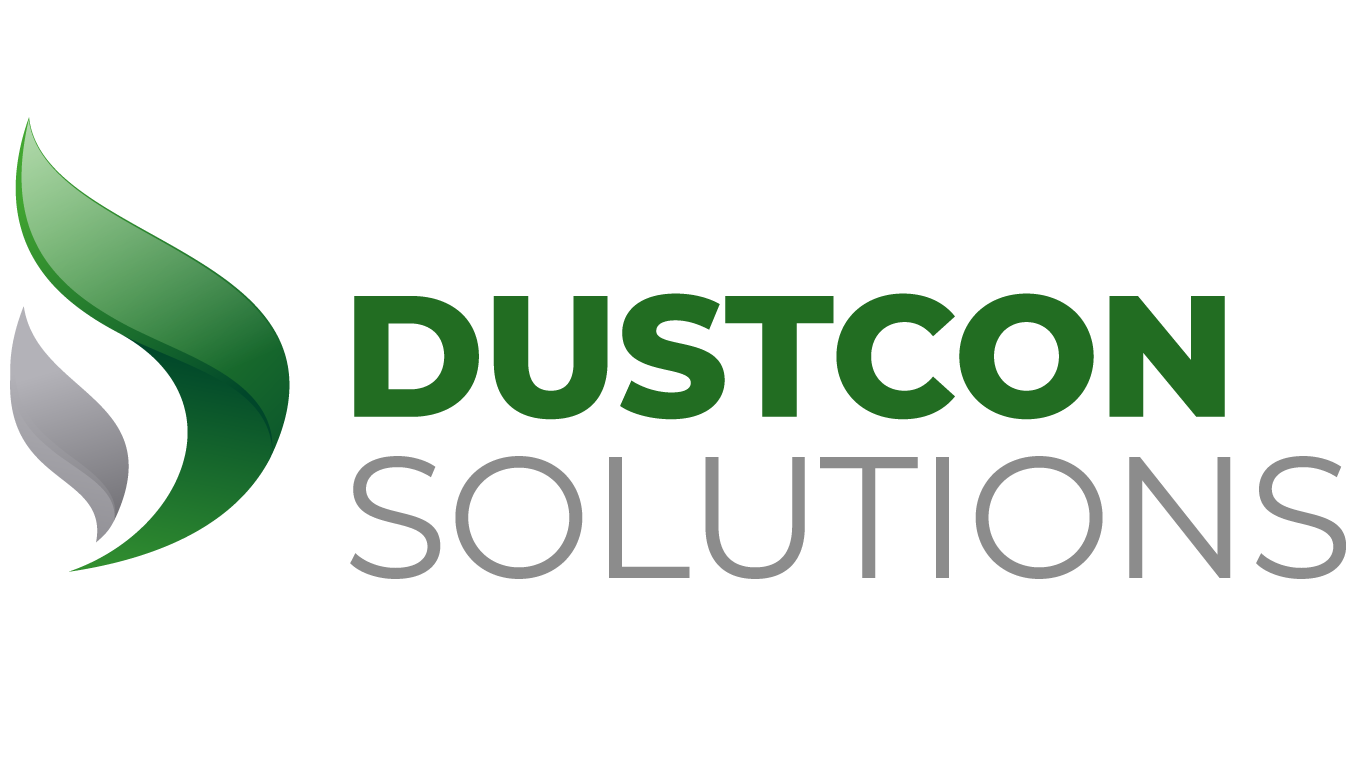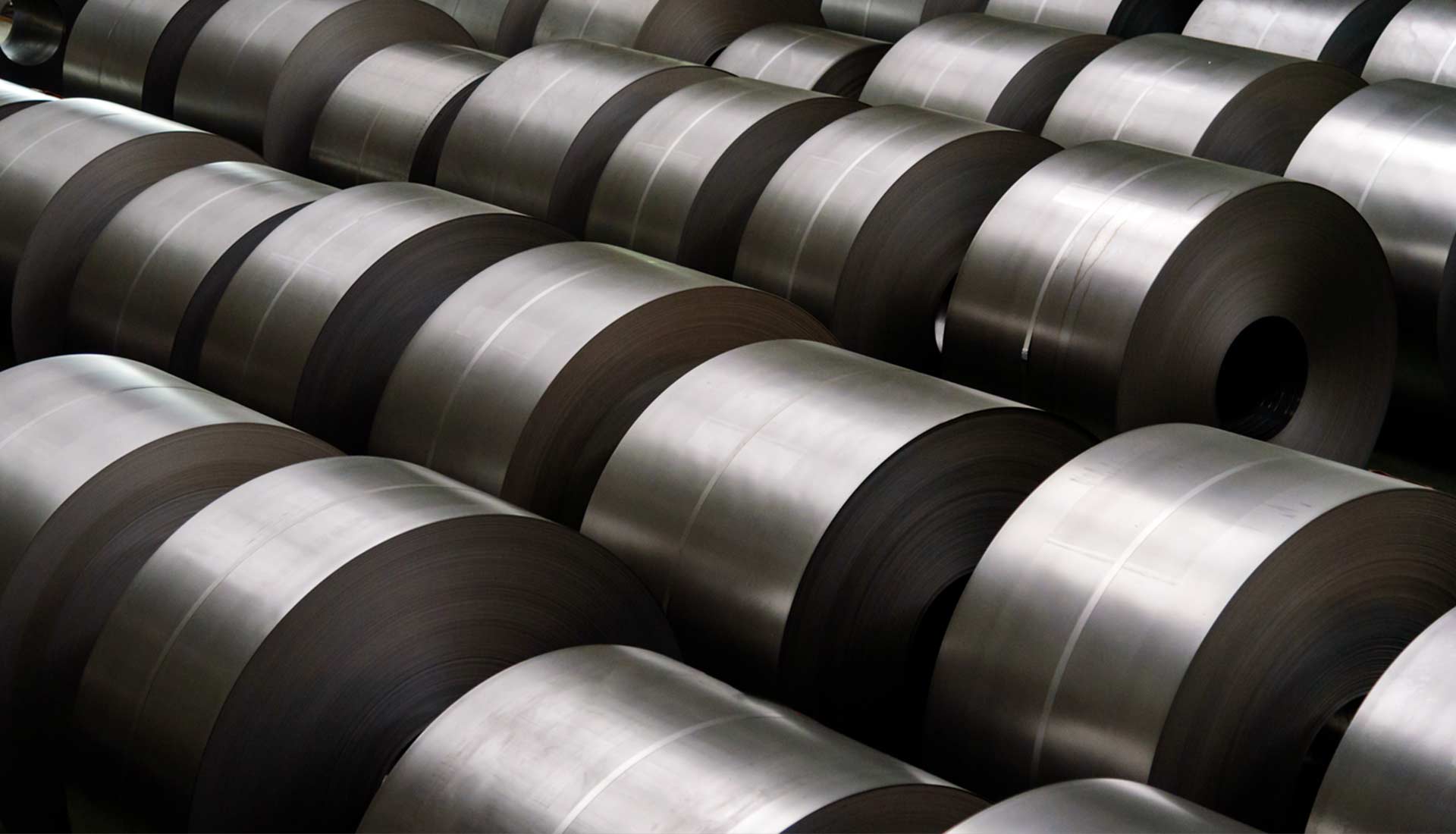

Finding the perfect DHA consultant AND Conducting an analysis independently
At this point, the importance of NFPA 652 and its recommendations are quite apparent. The standard requires that the operator or owner of a facility that interacts or engaged with dust that is combustible should:
- Determine the hazards underlying the substances, including their explosibility as well as combustibility
- Evaluate various hazards such as flash fire, fire, as well as explosions
- Regulate and manage any hazards that are identified, and
- Plan and implement a safety management system
This can all be attained through the implementation of a Dust Hazards Analysis, which is nothing but a methodical assessment of a facility that handles combustible substances to identify potential hazards of flash fire, fire, as well as explosions. What steps should be undertaken to adhere to this? Can it be conducted internally by guiding your staff members or is the expertise of a professional assessor required?
At Dustcon Solutions, we are constantly met with this specific question. We have written this article to address it and explain whether a DIY approach would be adequate. The article also includes some pertinent suggestions for companies seeking to recruit an expert.
Conducting DHA independently
Are you contemplating performing a DHA on your own? Keep in mind that according to section 7.2.2 of NFPA, it is necessary that an expert or a qualified person conduct the DHA.
What exactly makes a person ‘qualified?’ Due to the absence of regulations or particular qualifications that define a DHA expert, this question is particularly challenging to answer. If you are considering directing a member of your staff to conduct your facility’s DHA, we highly recommend checking out a few important professional qualifications.
An employee’s commitment or interest in becoming a safety professional is determined by their professional qualifications. It may be wise to consider individuals with CSP, CFEI, PE, or CCPSC qualifications. Various engineers who possess the aforementioned qualifications may not be keen on undertaking a role concerning combustible dust explosions. This could be attributed to the fact that dust explosions involve intricate scientific concepts. Individuals who studied chemical engineering or other sciences do not undergo dust explosion training prior to their joining. The aforementioned qualifications may not cover the gamut of dust explosions.
For a person to become a dust explosion expert, two years of work and time are required. Formal studies combined with practical experience are generally needed in order to serve as an expert in this field. Onsite experience is of paramount importance in this case. To ensure that trainees understand how dust explosions feel, they are often required to work at dust explosion test labs, where they are guided by experienced consultants.
There are several organizations, such as Dustcon Solutions, which provide industrial organizations with training pertaining to dust explosions as well as DHAs. In particular, specific employees who will be assigned to conduct a DHA within a company will be trained. A few companies also offer mentorship programs to organizations looking to build experience internally.
It is also crucial to spread awareness regarding dust explosions across your organization. This includes the fundamentals such as causes, implications, and precautionary measures that can be undertaken. Company culture is of utmost importance in this context.
Every company may not be willing to work on training and developing DHA specialists, since investing in an employee whose work is mitigated after a DHA may not be very beneficial for small or medium-sized companies. Employees typically want to advance their careers and this means any investment made towards training them in safety will gradually turn into sunk costs. In bigger companies, a combination of theory and formal training must be employed in order to provide internal training. Practical experience is of utmost importance in this context. In order to accomplish this, other facilities with expertise in dust explosions can be contacted or mentorship can be sought.
Finding an Experienced DHA consultant
When NFPA 652 was issued, the importance of performing a Dust Hazard Analysis came to the forefront. Since this topic is extremely complex, there was a sudden upsurge in the demand in the market for DHA experts and many people began to offer this service. A few were definitely more competent than the others.
It is possible to categorize DHA consultants as follows:
- Process safety organizations operating in the prevention of dust explosions prior to the issuance of NFPA 652,
- Generalist safety contractors who recruited new employees to enter this brand-new market that seemed extremely lucrative, and
- People possessing general safety skills who were convinced that they could leverage this opportunity optimally.
It is unsurprising that organizations have reported mixed experiences when it comes to the work of DHA consultants. Although there are multiple reports of exemplary work by individual contractors, many performed abysmal work. A lot of process safety companies are hired to re-do the work completed by inexperienced DHA “experts.” In such cases, pertinent information is overlooked during the DHA, or extreme recommendations are provided.
When a DHA overlooks crucial information such as inefficient practices in housekeeping or an electrostatic ignition source, the hazards associated with dust explosion are not properly identified. Assessors without adequate experience can also offer unnecessary recommendations that prove to be expensive.
The result in such cases would be:
- Organizations being certain about their safety while putting their employees and their facility at risk, and
- Spending exorbitant amounts on safety measures that are completely unnecessary, which could have been spent on actual issues. This could also lead the company to lose its competitive edge.
Higher experience translates into a higher price but is compensated with impeccable service. Sometimes, inexperienced lone contractors also charge exorbitant prices so it is wiser to bet on experience.
If you are looking to recruit an expert contractor in order to perform a DHA for your facility, here are a few questions you must ask:
- Does the resume include several studies pertaining to dust explosion hazards dating back to 5 or 10 years? It is crucial that your DHA expert possesses substantial experience.
- Are there several colleagues working with your consultant? A dust explosion project benefits from peer-to-peer learning and all of your work will be reviewed before ending up on your desk.
- Is there a DHA lab where your contractor is employed? A study is often completed only after data is generated by a DHA and the importance of dust explosion data is identified. If your consultant works at a company with a dust explosion test laboratory, the report would contain important results and implications as well.
- Are there professional indemnity insurance policies in place at the consultant’s organization?
- Do you suspect conflicts of interest between the consultant and his company? It does not mean that an expert who is employed at a company selling equipment for explosion protection will exploit the situation. The company should however be familiar with the consultant and any conflicts of interest.
Conclusion
Whether you want to work independently on your DHA or recruit a specialist, the process is not straightforward. Several large organizations employ in-house dust explosion specialists, while others may find it extremely challenging and expensive to train their staff when it comes to conducting a DHA.


Your Dust Hazards Analysis Requires an Update
North America witnessed multiple dust explosions across various facilities in 2015. In the aftermath


What is a Dust Hazard Analysis (DHA)?
By now, it must be quite apparent to you that a Dust Hazard Analysis is required as per NFPA 652 and


Answers to Frequent Questions on Dust Hazard Analysis (DHA)
1) What are the steps to undertake if I have not adhered to the deadline imposed in NFPA 652 pertain





